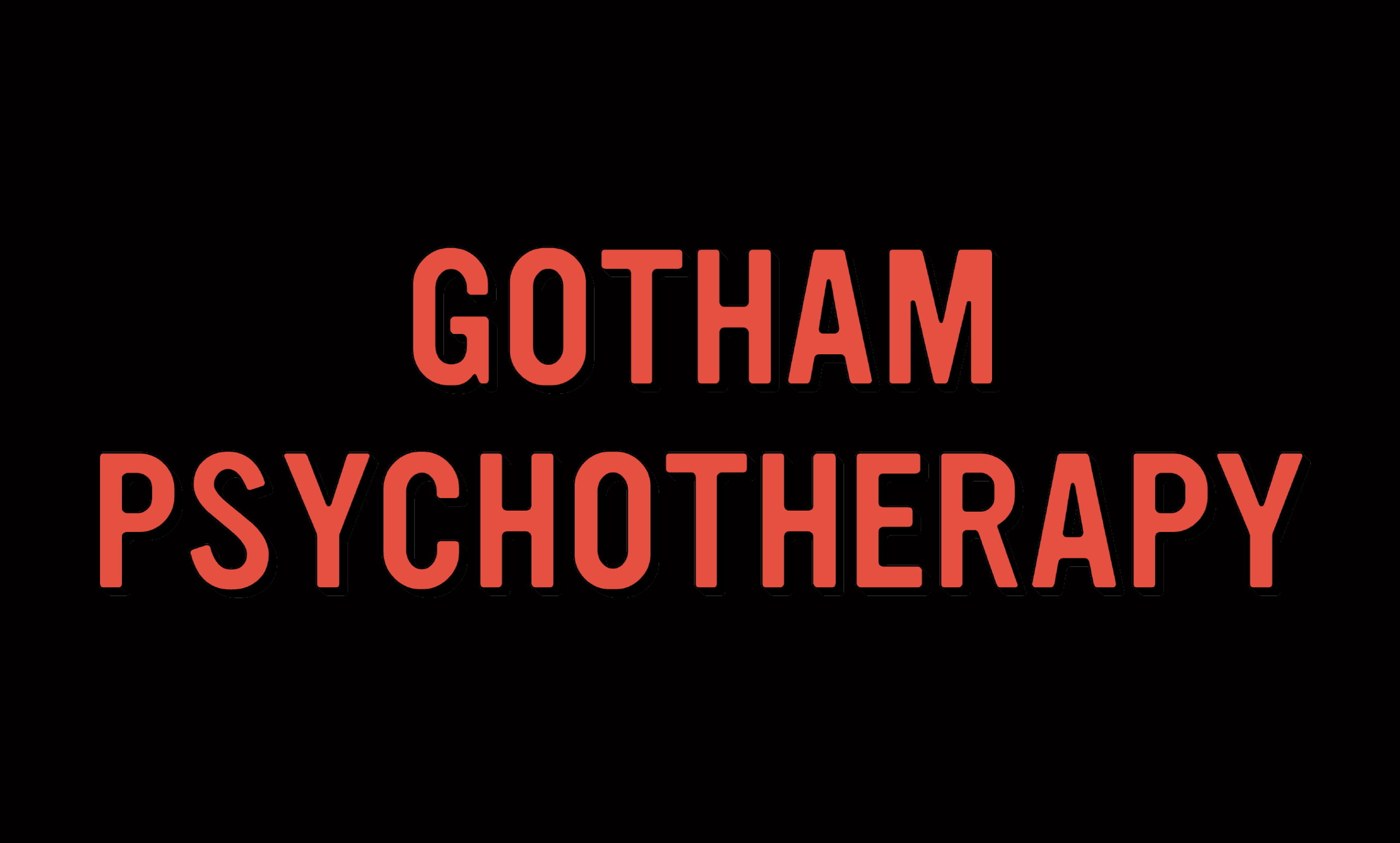Group Therapy

Group therapy provides a supportive, collaborative environment where patients come together with others facing similar challenges. Guided by a skilled therapist, group therapy offers an opportunity to share experiences, gain perspective, and learn coping strategies in a safe and confidential setting.
Patients often find that connecting with others helps reduce feelings of isolation, foster mutual support, and accelerate personal growth.

